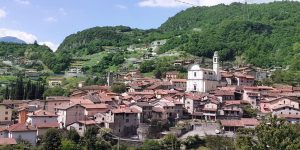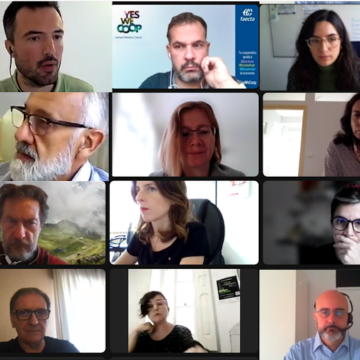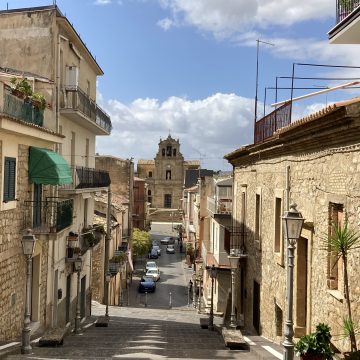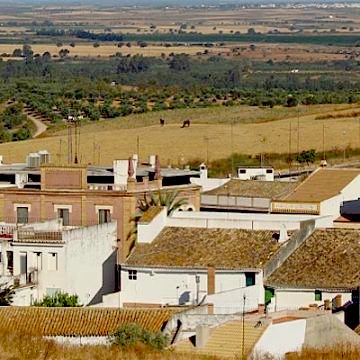Malegno, a territory-integrated strategy

The GRAPE project, co-financed by EU Commission, has mainly involved Malegno, a town within the Camonica Valley with circa 2000 inhabitants on an area of 16.9 km², ranging from 300 meters in the valley floor to circa 1500 meters above sea level, moving from the bottom to the highest peak of the municipality.
In the past months the project has also involved the rest of Valley thanks to the support provided by the Consorzio Solco Camunia and by its cooperatives spread throughout the entire valley. The Solco Consorzio has actively contributed to defining the objectives and activities of the project.
The Mountain Community of the Camonica Valley has fostered the adoption of an Integrated Territorial Plan (PIT), developed with the support of the Politecnico di Milano and Avanzi S.p.A.. Such plan seems to chime with the priority pillars defined within the GRAPE project. The Solco Consortium intends to integrate the two actions, the ones from the PTI and those from the GRAPE project. This, for for three main reasons:
- avoiding duplicate actions
- activating synergies between the two plans
- especially in the field of social economy, which seems insufficiently represented.
The leading idea for the continuation of the GRAPE project is to identify complementary lines of action and study how to integrate an Action Plan with already existing projects active in the territory, in our case an Integrated Territorial Plan (PTI).
Among project partners are several organizations that, by pooling their experiences with Camuni representatives, can provide a significant and positive contribution to the elaboration of a Local Action Plan for both Malegno and the entire Camuno territory. Partner organizations, together with the municipalities of Bonares, Mirabella Imbaccari, and Sifnos, involve local reference social cooperatives.
A higher awareness towards local ecological and economic challenges
The GRAPE project focuses on territories that often do not have access to the resources and opportunities offered by large cities, and at the same time are exposed to significant environmental and economic challenges. In this context, the project intends to create an innovative approach to address these challenges, starting from the specific characteristics of the territories involved and involving local communities in a process of development and implementation of action plans.
One of the strengths of the GRAPE project is its attention to the local dimension. The Action Plans that will be developed within the project will be designed and implemented by the local communities involved, taking into account the territory its inhabitants’ needs. In this way, the goal is to create sustainable and suitable solutions to local realities, thus guaranteeing long-term resilience.
The project also includes a series of training and awareness-raising activities for the local communities involved, in order to promote greater awareness of the environmental and economic challenges that territories must face, as well as possible solutions. During the missions in the involved territories, particular attention was given to sharing the specificities of each territory and comparing local already existing or past experiences.
Furthermore, the project includes the creation of a digital platform dedicated to Local Action Plans, which will be available to local communities involved, so as to monitor and evaluate the results of the activities carried out.
The GRAPE project is part of a broader European context of promoting social resilience and preventing vulnerability, in which the role of local communities and active citizen participation is increasingly relevant. In this sense, the GRAPE project aims to provide a replicable and sustainable model to address environmental and economic challenges of small and peripheral territories, valorising their specific characteristics and resources.
The implementation of the GRAPE project and the involvement of Malegno and the Camuno territories is both a challenge and a significant potential for growth and confrontation, as it allows for European integration for present and future generations.
This document reflects the views only of the Author and the GRAPE Consortium. The Commission cannot be held responsible for any use wich may be made of the information contained therein.








